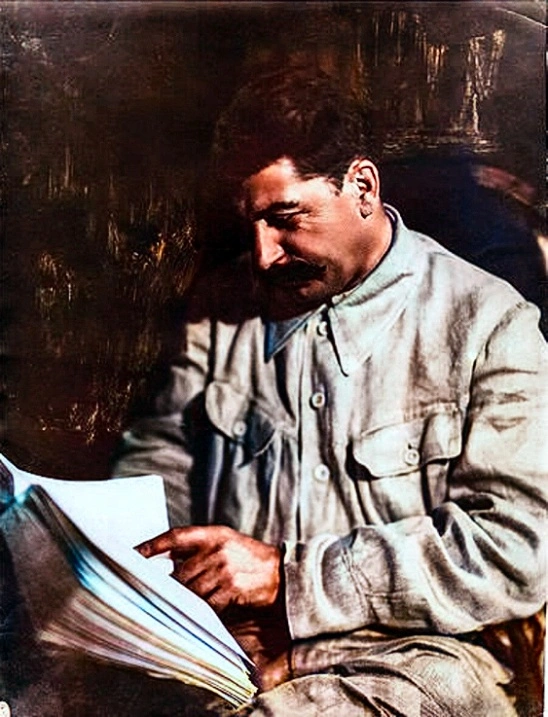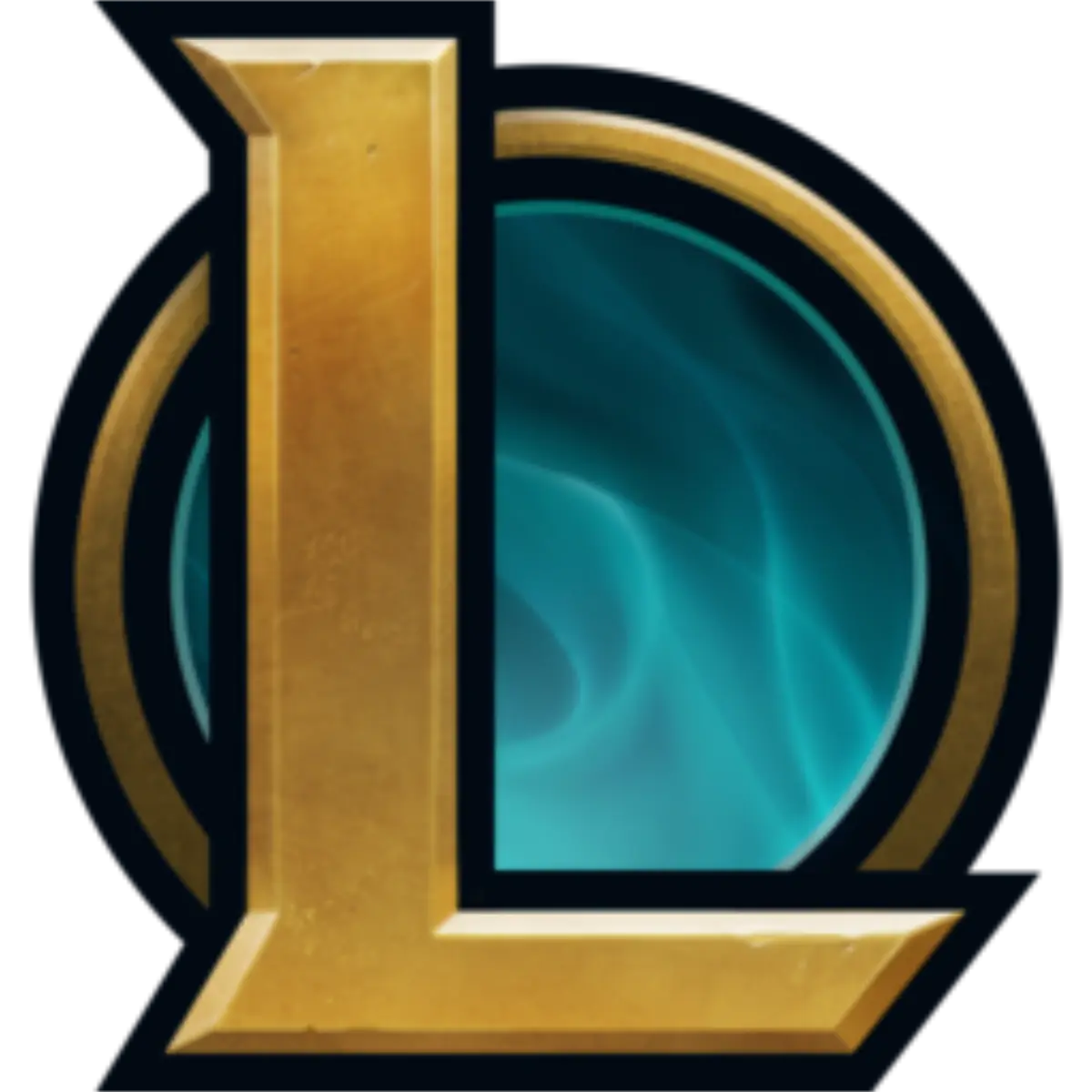there is a difference in agency where a human system bases its decisions on a large spatial, time range of experiences (moments to life-long experiences and multi-generation planning, tiny tools all the way to architecture planning, a large number of connections by multiple means to other humans’ experiences) to make “decisions”. What do you call that?
I would call this determinism as much as anything else. Whatever you discover by reflecting on memories, you make your decision based on those memories, ergo there was a reason that determined your choice.
Because it exists and if it’s not called free will, that’s probably the closest thing that scientifically can be measured and associated with “free will”.
I would just agree that we have a “will”. It’s the “free” qualifier that’s disputed.
We may just be “transistors” responding to the environment, but we are complex enough to introduce chaos by connecting lots of unrelated things to the point of being as close to being unpredictable as any random system in the universe.
Sorry, I can’t agree. We have ignorance about the future, but that doesn’t mean my decisions are undetermined. As far as I can tell, everything is either determined or not determined. If it’s determined, then I was not free to choose it. If it’s not determined, then it’s random, in which case I again could not have freely chosen it. You seem to be moving towards compatibilism, which accepts determinism but believes determinism can still be compatible with a notion of free will, e.g. our ignorance of the future is what we mean by free will.
Personally, I think life is very interesting bring a wet robot! However, I understand why most reject the concept out of hand.











Yeah, let Hamas slaughter 1200 Israelis and then demand Israel do nothing in response. Oh except die I guess, since from the river to the sea doesn’t include Jews anywhere.